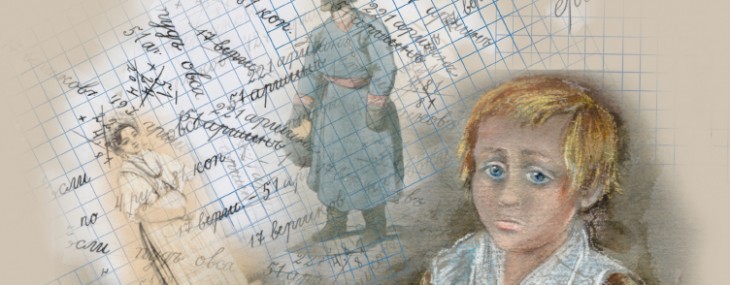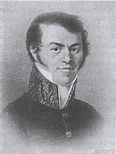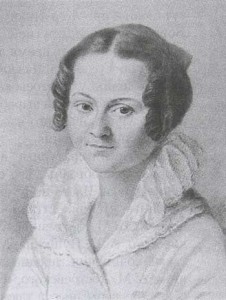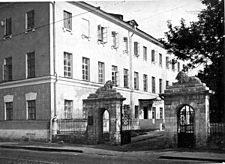I’ve come to learn some important distinctions in my life.
Things like the difference between discernment and judgment.[i] When we experience hurtful situations, it’s not like we don’t see flaws in difficult people.
But God looks at our response.
Discernment shows you have love in your heart, when it comes to understanding others. You can choose to pray instead of gossip. With discernment, we make better decisions.
Judgment carries the tone of condemnation and usually signals very little love. It leads to harsh words, name-calling and stereotyping.
If we resist judging others, God seems to increase our discernment—and not just the earthly kind. Rather, wisdom from above.
Funny how two words like that are used interchangeably. In my life, knowing the difference resulted in a new spiritual discipline—flipping negative thoughts into positive prayers.[ii] Though I still have to work at it, the effort changed my perspective.
 Recently, I learned a new and important distinction—the difference between puzzles and mysteries. Malcolm Gladwell wrote about this idea in his book, What The Dog Saw.
Recently, I learned a new and important distinction—the difference between puzzles and mysteries. Malcolm Gladwell wrote about this idea in his book, What The Dog Saw.
For example, he said that national security expert Gregory Treverton famously pointed out that Osama Bin Laden’s whereabouts had been a puzzle. We couldn’t find him because we didn’t have enough information. We needed more puzzle pieces.
In contrast, what would become of Iraq if our military removed Saddam Hussein from power? That would be a mystery. “It wasn’t a question with a simple, factual answer.”Continue reading











